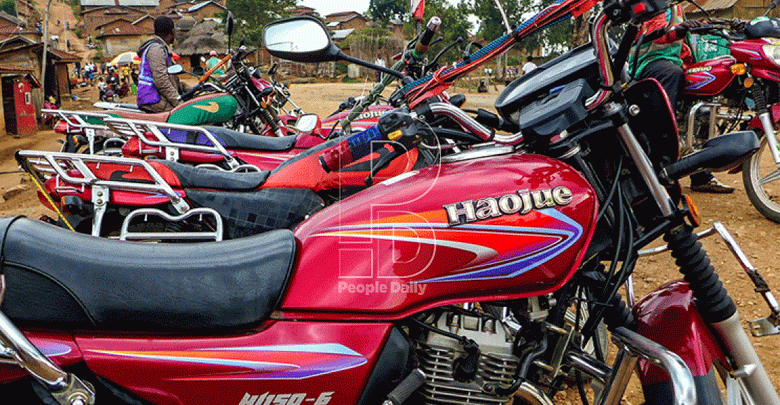Why consumers brace for tough times from October

Kenyans should brace for a surge in the cost of some commodities from October when Kenya Revenue Authority (KRA) will adjust rates of duty rates on specific goodsm to take into account the rate of inflation.
In a public notice dated August 10, 2021, KRA informed manufacturers and importers of excisable goods falling in this categories of the impending inflationary adjustment.
It will lead to price increment of alcohol and non-alcoholic beverages, cigarettes, as well as petroleum products used by manufacturers and households such as motorbikes (boda boda).
KRA Commissioner General is required under the Excise Duty Act, 2015 to annually adjust the excise duty rates of products with specific rates of Excise Duty to take into account the rate of inflation, subject to approval by the National Treasury and Planning Cabinet Secretary.
“The Commissioner General will adjust the rates of Excise Duty using the average inflation rate for the Financial Year 2020/2021 of four decimal nine seven per cent (4.97 per cent) as determined by the Kenya National Bureau of Statistics…The adjusted rates will be effective from1st October, 2021,” Commissioner General Githii Mburu’s statement said in part.
Speaking to Business Hub, Churchill Ogutu, Genghis Capital head of research said the issue of price increase is a straitjacket scenario.
“It is at the discretion of manufacturers, whether to pass the additional charges to consumers or not,” said Ogutu.
He gave the example of East African Breweries Limited, which did not increase prices on some of its commodities despite a similar hike in taxes.
In a rejoinder yesterday, the Kenya Association of Manufacturers (KAM) said the inflationary duty adjustment could not have come at a worse time, as the country continues to grapple with the adverse effects of the Covid-19 pandemic, which worsened an already challenging business environment for local manufacturers.
Economic times
As it is, “petroleum product prices are already high and a 5 per cent increase will only make the dire situation worse,” said KAM chief executive Phyllis Wakiaga, adding that the country was going through tough economic times that made it extremely difficult for many Kenyans to make ends meet.
In the recent past, Kenyans have had to tighten their belts, following an increase in the cost of basic items attributed to more taxes, high cost of raw materials and production costs, further aggravating an already grim situation.
“An increase in the cost of basic commodities will exacerbate the situation,” said Wakiaga.
The manufacturers’ lobby says price increase for affected products will reduce affordability, and force consumers to source cheaper products, driving them to buy illicit goods, especially cigarettes and alcoholic beverages as was the case prior to the Covid-19 pandemic.
Currently, ad valorem or tax based on the assessed value of an item, and specific excise duty rates are higher in Kenya compared to Uganda and Tanzania, giving rise to arbitrage opportunities that incentivizes illicit trade.
Wakiaga said excise tax per litre of beer in Kenya is Sh100.62, while in Uganda it goes for Sh18.03 and Sh33.66 in Tanzania, whereas for cigarettes, the excise tax payable in Kenya is more than double that of Uganda and Tanzania.















